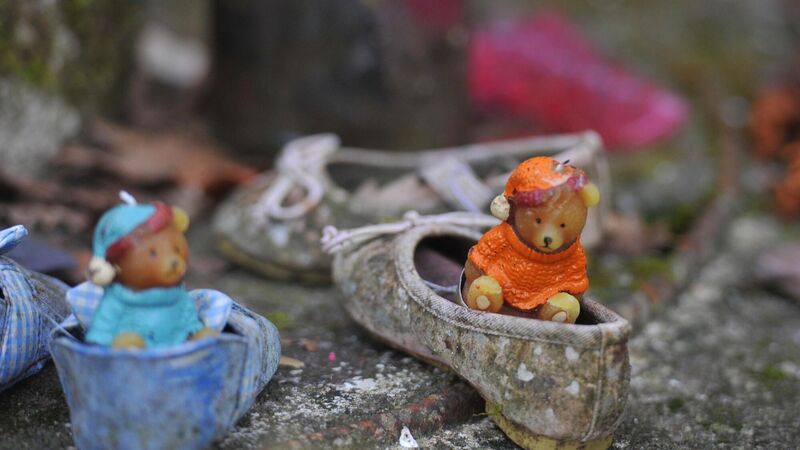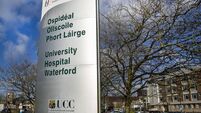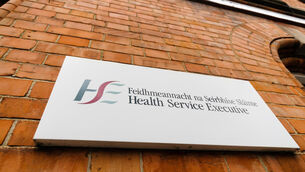More than 40,000 children used in vaccine trials, Mother and Baby Home Commission found

There may have been a sixth vaccine trial carried out at St Patrick's but the commission was unable to confirm details of a possible oral polio vaccine trial there in 1965. Picture: Larry Cummins
There were at least 13 vaccine trials carried out on more than 43,000 children, according to the Mother and Baby Homes Commission of Investigation.
None of the mothers — some of whom were as young as 15 — involved appears to have given consent for their children to be involved in the trials.










